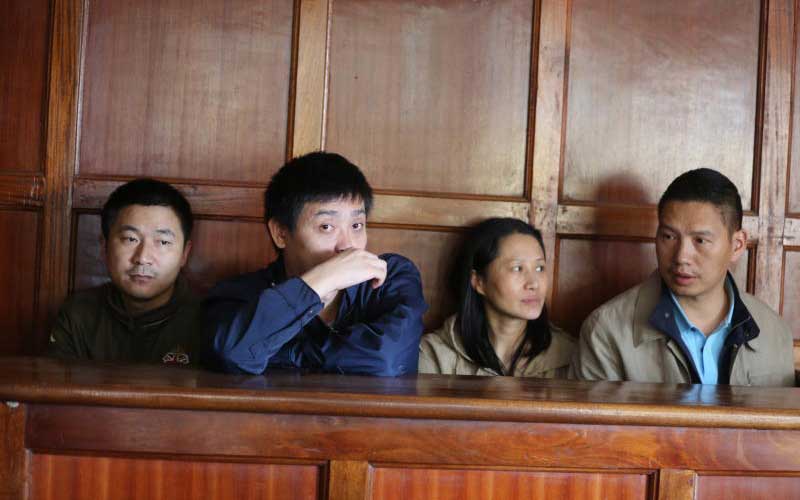×
The Standard e-Paper
Kenya’s Boldest Voice

Deported Chinese nationals Deng Hailan, Ou Qiang, Yu Ling, Chang Yueping at a Milimani court on Thursday. [George Njunge, Standard]
The deportation of four Chinese nationals for work permit violations and use of corporal punishment in a workplace caught national headlines. Nine thousand kilometres away, the deportation of seventeen British Caribbean Africans from Britain has been even more controversial this week. Should governments deport or convict foreigners and citizens who commit criminal offences?